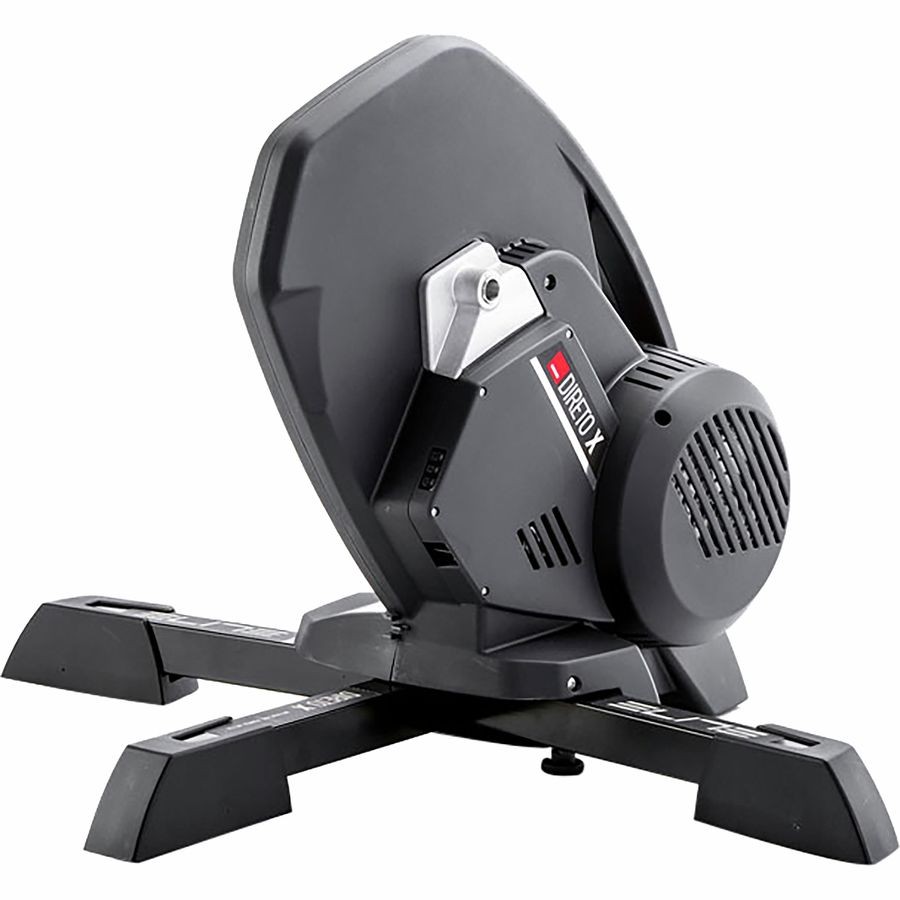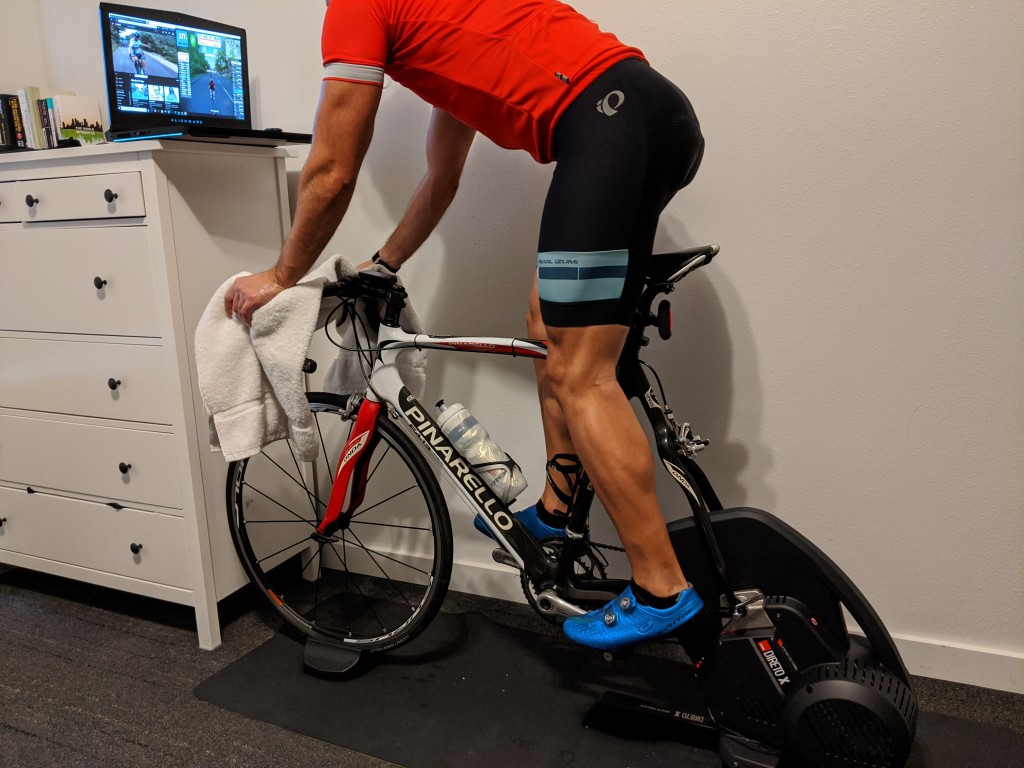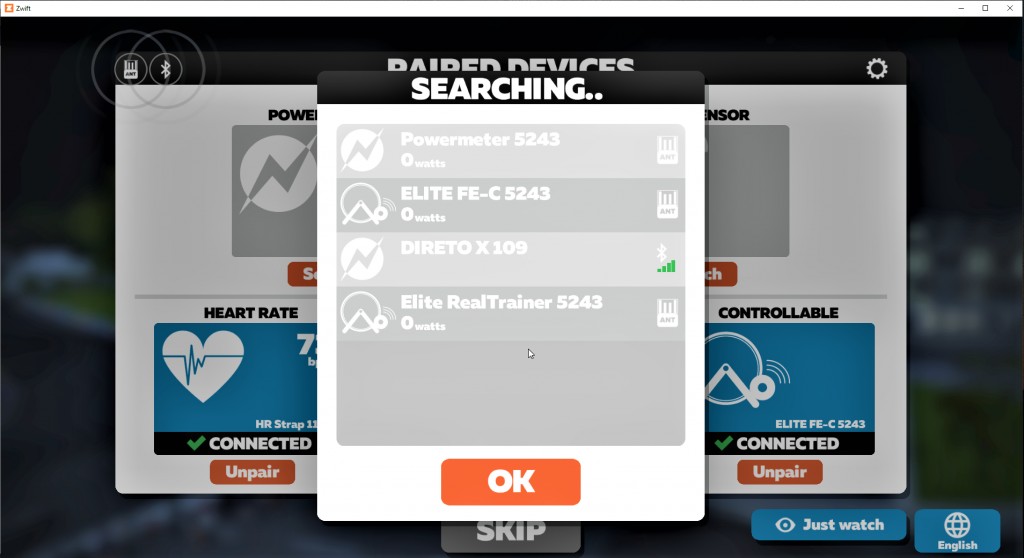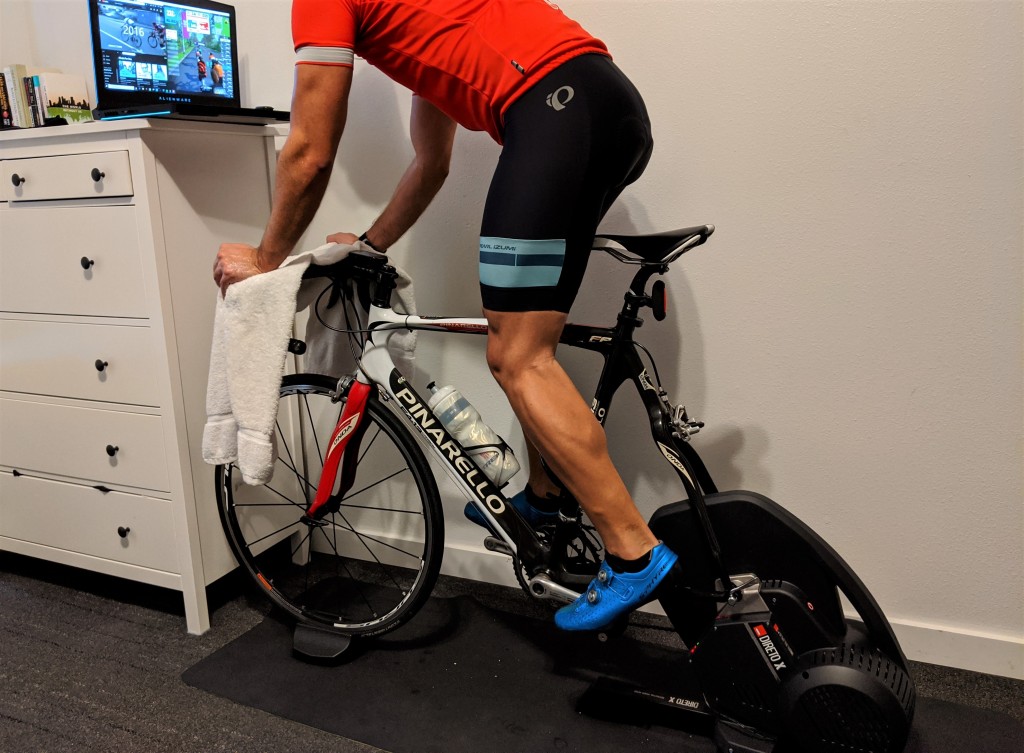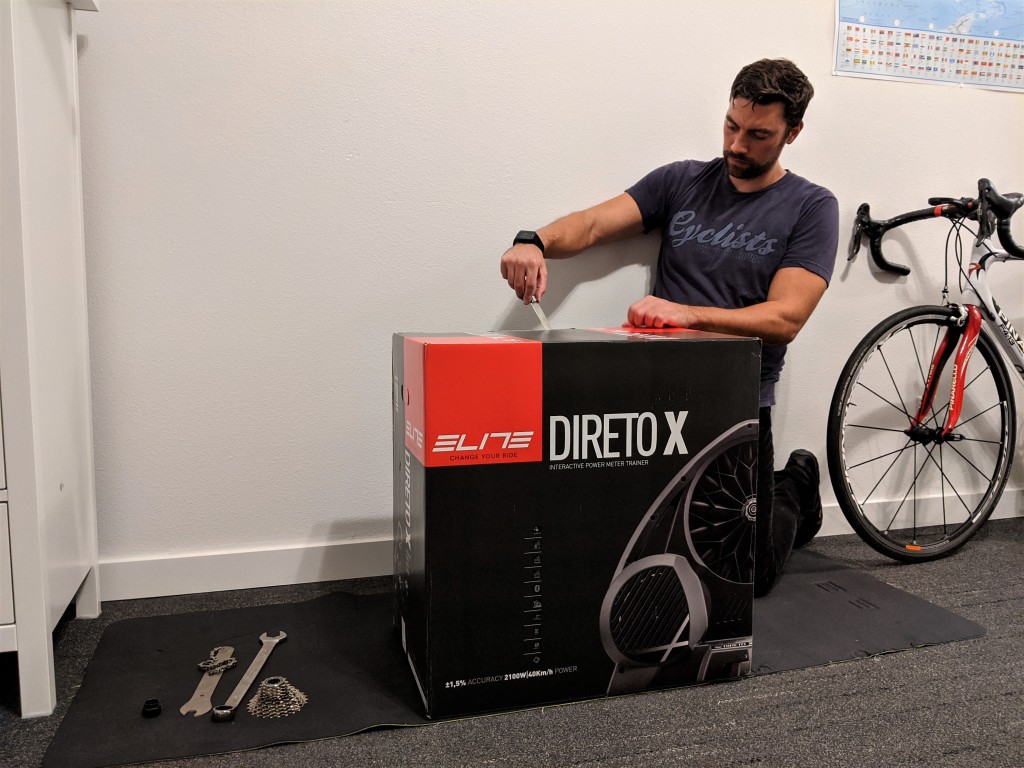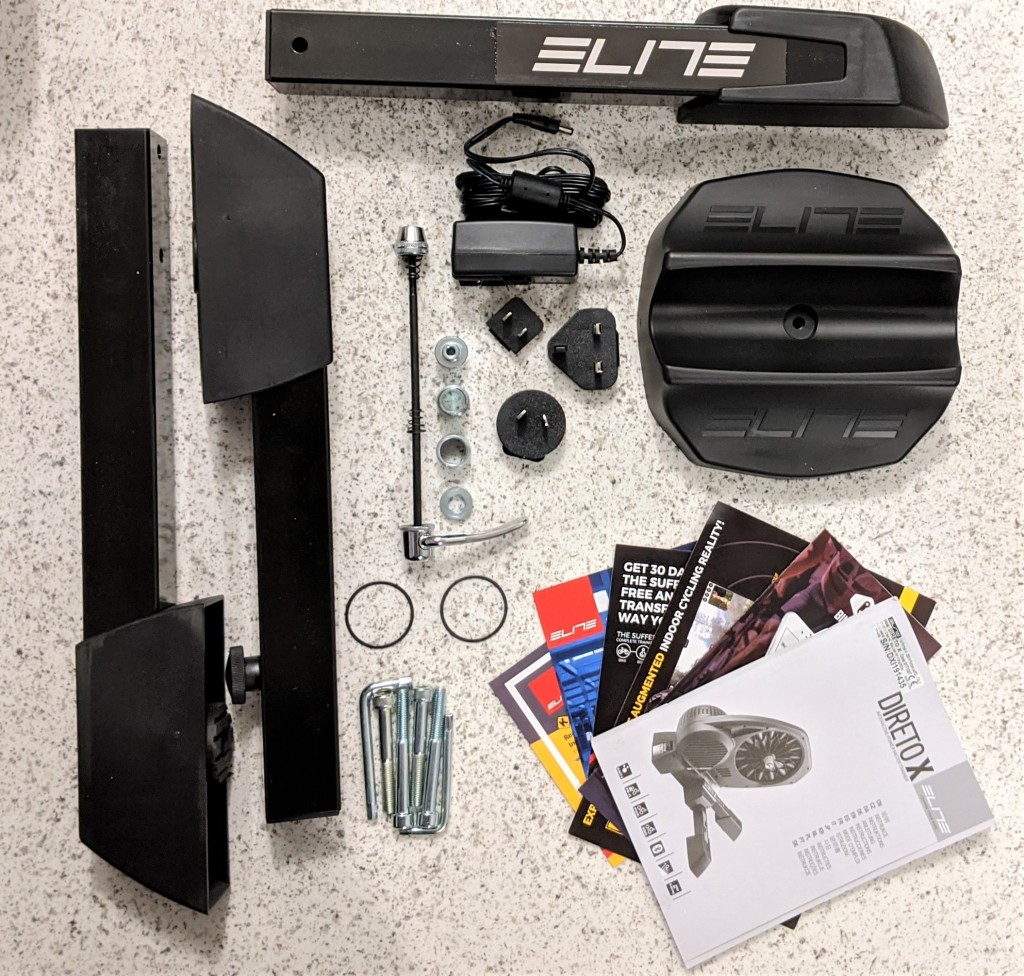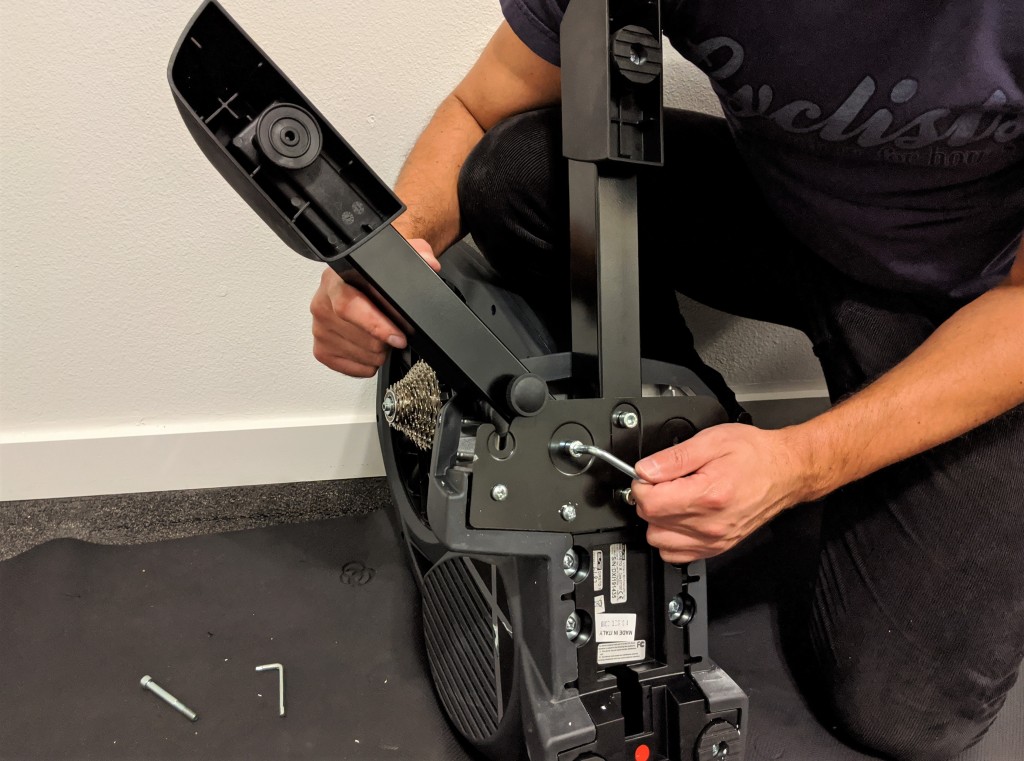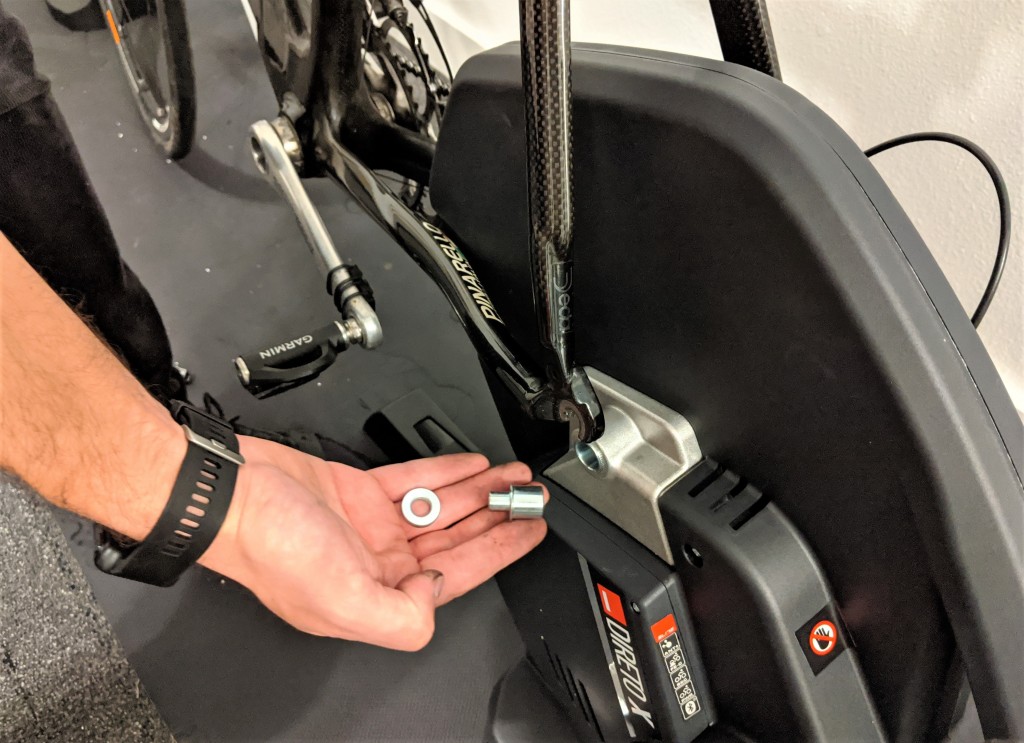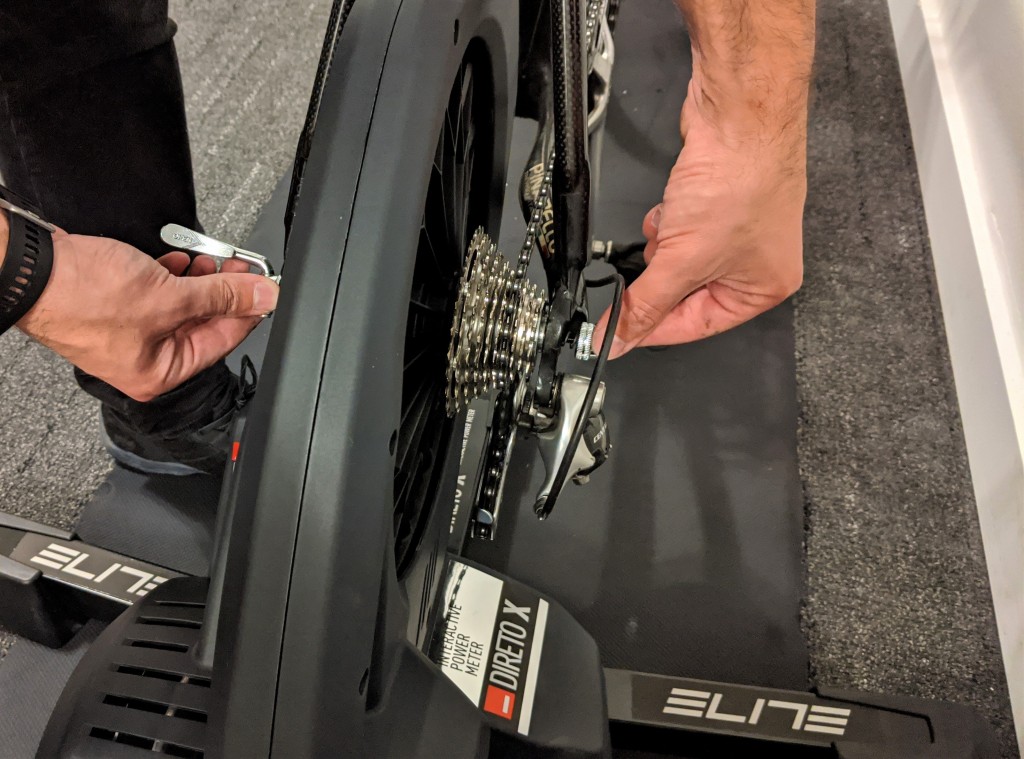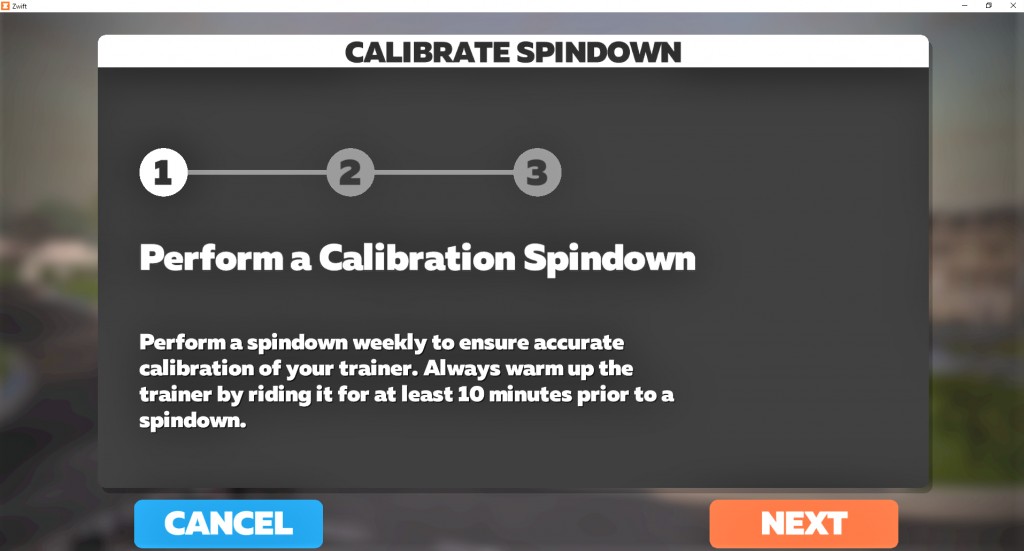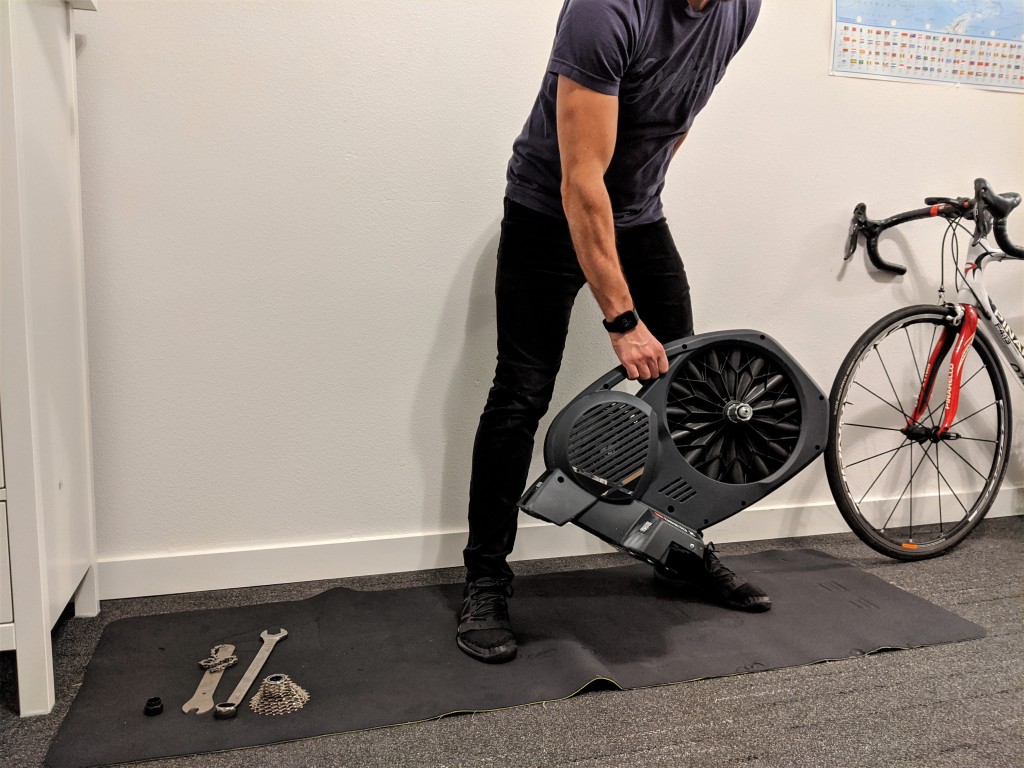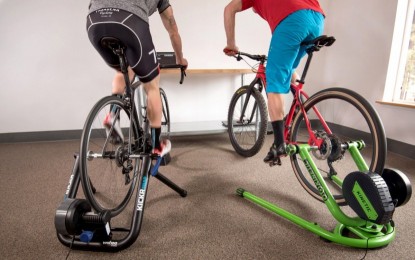Elite Direto X Review
Our Verdict
Our Analysis and Test Results
The Direto X looks nearly identical to its predecessor (the Elite Direto), but under the hood, it has some notable upgrades that put it firmly in the running among the top bike trainers. Its max wattage capacity shot up by about 30% to 2100W, the incline simulation ceiling is now 18%, and wattage reading accuracy has improved to +/- 1.5%. It's also quieter than the earlier version. Those are the specs, but what does that mean in the real world? We spend the rest of this review breaking down its performance.
Performance Comparison
Connectivity and Power Accuracy
The Direto X works with ANT+ (you'll need a dongle) or Bluetooth FTMS. This allows you to control your machine or just grab data from it if you're not using a simulator like Zwift or The Sufferfest. In our testing, we didn't find any issues, but there were some reports that Bluetooth had some connectivity issues and that the support from Elite was lacking. Again, we didn't have this experience and note that the report coincided with some known issues on Zwift, so they could have been misattributing the cause. In any case, you can grab an ANT+ dongle for cheap and throw it in the ol' USB port if you're using a computer to connect to your training platforms.
When it comes to the performance of the machine, it's a little slow to respond to sprints, but generally performs okay out on a virtual course. ERG still has trouble letting you catch up and pedal into the changed resistance levels. Out on courses in Zwift, things were pretty normal, but when you are doing workouts that require X watts for 30 seconds, then X watts for 60, then X for 30, you spend a lot of time trying to manage cadence against power. It's distracting and draining because the machine is a bit slow to adjust and that's magnified in ERG. For some reason, it seems to always adjust at a lower cadence with higher resistance.
True, this tends to happen in workouts anyway, because you wear down and respond slower, so you find yourself fighting a bit more at the end of a hard segment to get back into a comfortable cadence, but the Direto X seems to be less forgiving or responsive than other smart trainers. It doesn't allow you to catch up to the new output requirements or adjust so that you can stay at a constant wattage and cadence. We spent hours fighting it on ERG mode.
When you're not in ERG mode, you'll likely have a nicer ride. The Direto X model has increased its power capacity over earlier versions to allow a max power output: 2100W at ~25 MPH (40 km/h). We don't know many people who would ever need to worry about that ceiling, but it's there now. Along with that is an increase in the simulated incline, which most of us will enjoy (through gritted teeth). It can now simulate an 18% grade while the earlier version could only hit 14%. So now we can all pretend we're getting after it on our local wall segments for all but the hurtiest climbs.
Road Feel
We were pretty pleased with the road feel of the Direto X. The flywheel is only 9.2 pounds, but that's sufficient to simulate real-world inertia without much hassle. The trainer also has this interesting natural vibration to it. We're not sure if that's by design since it's not mentioned by Elite anywhere and could actually be unintentional. But either way, it sort of buzzes the way your bike does out on your average road with standard aggregate.
The improved power specs also add to the ride. There's a new power ceiling of 2100 watts, but more importantly, resistance up to an 18% grade is possible now, so lots of killer climbs can more accurately punish you. On that note, changes in resistance are a little smoother than in the earlier version. As discussed in the early section of this review, Elite still hasn't perfected it in the Direto X, but it's an improvement. The resistance is slightly slow to respond and can be a pain in ERG mode, but it's smoother than before and you can work with it. Just know that if you are trying to hit PRs on sprints or short climbs, you're going to have a lag on this machine.
Design
In this section, we look at both physical design and technological design to gauge performance. Some trainers have excellent hardware and mechanics but fail to execute on the software side. Others are super-advanced on the integrations and software side but are actually pretty crappy machines. We're hunting for those distinctions here.
The Direto X's flywheel weighs 9.2 pounds. That's about half the weight of the very best bike trainers. It sacrifices a bit in performance from the lower inertia allowed. Of course, the fact that it's much lighter than the typical smart trainer means it's much easier to handle. The splayed legs also make for a stable base. You really have to be out of the saddle getting after it and swinging hard to get the base to rock.
It has pretty compatibility too. It comes with a preinstalled chain guard to accommodate derailleurs with long cages for big 12 speed cassettes. It comes ready to fit standard Shimano and SRAM 9/10/11-speed cassettes. If you run Campy, you'll need to buy their Campagnolo-compatible freehub body. In the axle department, it fits standard 130mm and 135mm axles and 142x12mm thru-axles. There are adaptors available for 130x10/12mm thru-axle and Boost 148x12mm.
This could be slightly nit-picky here, but we felt that the power port was inelegantly placed. It's probably okay, but heavy sweaters (viz, our testers) might have sweat dripping down by the port. Even if nothing ever happens and it's perfectly safe, who wants to worry about that?
On the software side, it's compatible with most major indoor bike training software including Zwift, Trainer Road, Kinomap, Rouvy, The Sufferfest, Bikevo, and a handful of others. But it's not fully integrated across 3rd party apps. For example, the new Pedaling Analysis is only available using Elite's My E-Training app for Windows, MacOS, Android, and iOS. Much like Tacx's earlier Neo versions, which had pedal stroke analysis, this generation of Elite trainers are all in-house. If you want to get your pedaling analyzed, you'll need to use their in-house stuff. No playing on Zwift and getting your advanced nerd data. Hopefully, they'll figure out how to open it up to 3rd parties in future generations. In the meantime, this trainer includes a 12-month My E-Training subscription.
And just a note to keep in mind: Zwift didn't pick up the calibration option, so we had to restart the program and it showed up. That's probably not an Elite problem. Just be aware…
Setup
Getting the Direto X set up isn't a difficult process, but it takes a little time. It's like assembling an Ikea desk. Simple, but tedious.
The amount of styrofoam pieces left on the floor is…infuriating. We wish they'd use something else for packing. In any case, it should take no more than 30 minutes to get this machine put together and rolling if you're focused and can attach a cassette with decent proficiency.
You can start by attaching the legs. It's super easy. Just unpack them and pull out their bolts. They use an Allen wrench/hex key for tightening and the correct size is included in your goody bag. The unique arm goes in the middle and the two mirror-image arms go to each side. Be sure to check the directions, as the bolt sizes are specific to the arm they're going into. Once the bolts are in, you can install the knob fasteners that will allow you to lock the arms in place.
Now that your trainer is stabilized, you can install your cassette (you can do this first if you're super excited to get your cassette on). Be sure you have a chain whip, a lockring tool specific to your cassette, and a wrench that fits the lockring tool. The trainer comes with a Shimano hub, so it should work for Shimano cassettes and SRAM cassettes. If you ride Campy, you'll need to buy and install a hub specific to Campagnolo.
Make sure to do a little research and get that figured out before your trainer arrives to avoid gnashing of teeth and the tearing out of hair. Generally, if you're running anything lower than 12 speed, you'll want to add the spacers included in the goody bag. Once you have your cassette installed, just throw in the included axle adapter specific to your axle width.
Getting the bike attached is super easy. You just need to detach your wheel and then pretend the trainer is a new wheel. Line up your derailleur with the new cassette. Be sure that the bike is firmly centered, insert your skewer, and then tighten.
Alright! You're almost ready to ride. Now just plug it in and you can open whatever training app you're using on your device. Pairing is simple enough with Bluetooth or ANT+ (you'll need a dongle). Now you'll need to calibrate your machine. Spend about 10 minutes riding easy to warm it up and then run a calibration. You should be good for a few weeks, but it's good practice to calibrate once a week.
Portability
We look at portability to figure out how easy this trainer is to lug around on the road and how easy it is to store when not in use. We consider what it takes to actually move it around and how easily it can be redeployed. One of the best things about the Direto X is that it's among the lightest direct drive smart trainers on the market. 33 pounds. That's almost 15 pounds lighter than the best bike trainers out there.
Its shape is something of a 2-edged sword. On the one hand, it actually makes it easier to carry when you fold up the legs. The handle is great, but only fits one hand comfortably. But when you can grab a leg at the other end, it's easy to carry. The legs, however, are what give it an odd shape that reduces its ability to easily fit into corners, in cars, or luggage. Of course, you can remove the legs, but that's a whole thing and ain't nobody got time for that. It also requires power to function, so if you're out traveling and want to bring it on the road for a hotel session, you're going to be limited if you forget your power cord. But all in, it's pretty easy to handle and move around.
Value
This trainer is priced right about where it ought to be. It has some responsiveness issues that it needs to work out for ERG mode, but if you don't do a ton of ERG training, you'll get a lot of good riding out of it.
Conclusion
No, the Elite Direto X didn't hit our awards list this year, but it's still a great trainer with lots to offer. This newest iteration kicked up the power capacity to 2100W (good luck tagging that) and increased the simulated resistance from a 14% grade in the previous version to 18% in this one. Meanwhile, the power accuracy improved to +/- 1.5%, There were also a handful of physical changes that make it a little friendlier to all bike types. On those changes alone, we're pretty happy. Alas, when it comes down to what the average rider is going to do on the thing, it needs a little more work. We're hoping that Elite will work out some of the responsiveness issues we discussed in the review and come out with a model that will make it onto the podium next year. It's still a solid choice, but if you do tons of ERG training, you might find yourself a little annoyed. If most of your training is steady state or just open terrain on Zwift and the like, you won't really notice the issues we mentioned.


